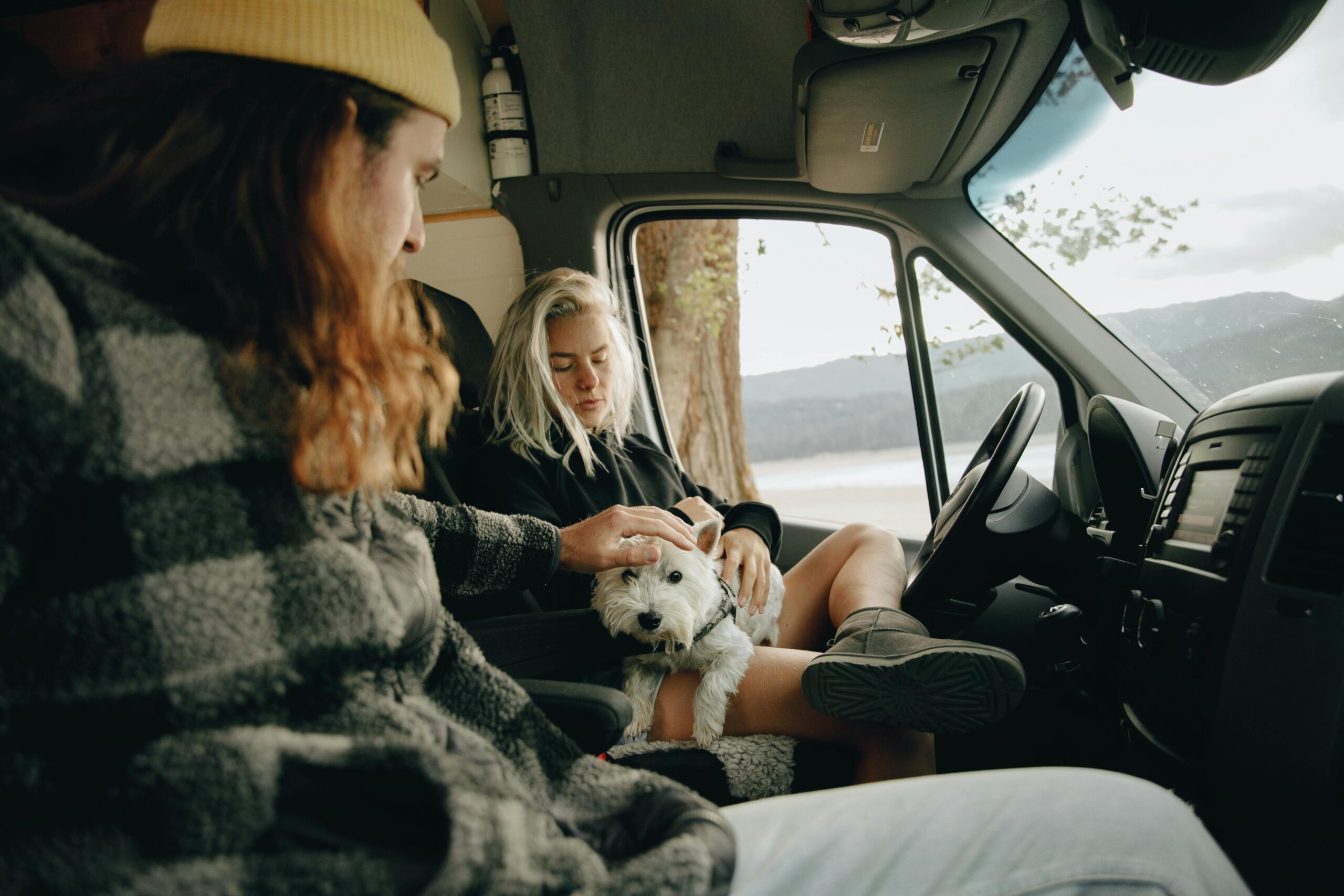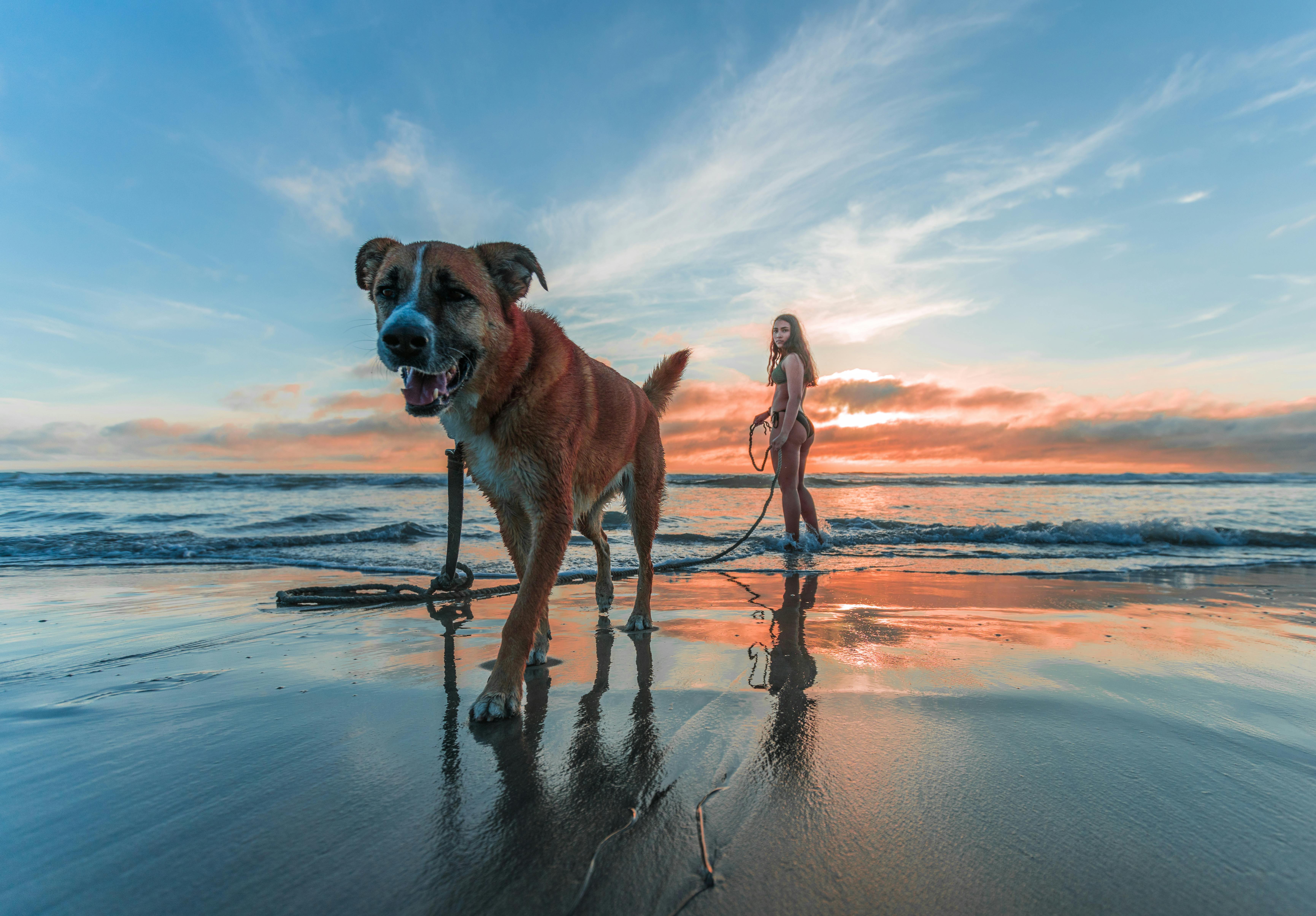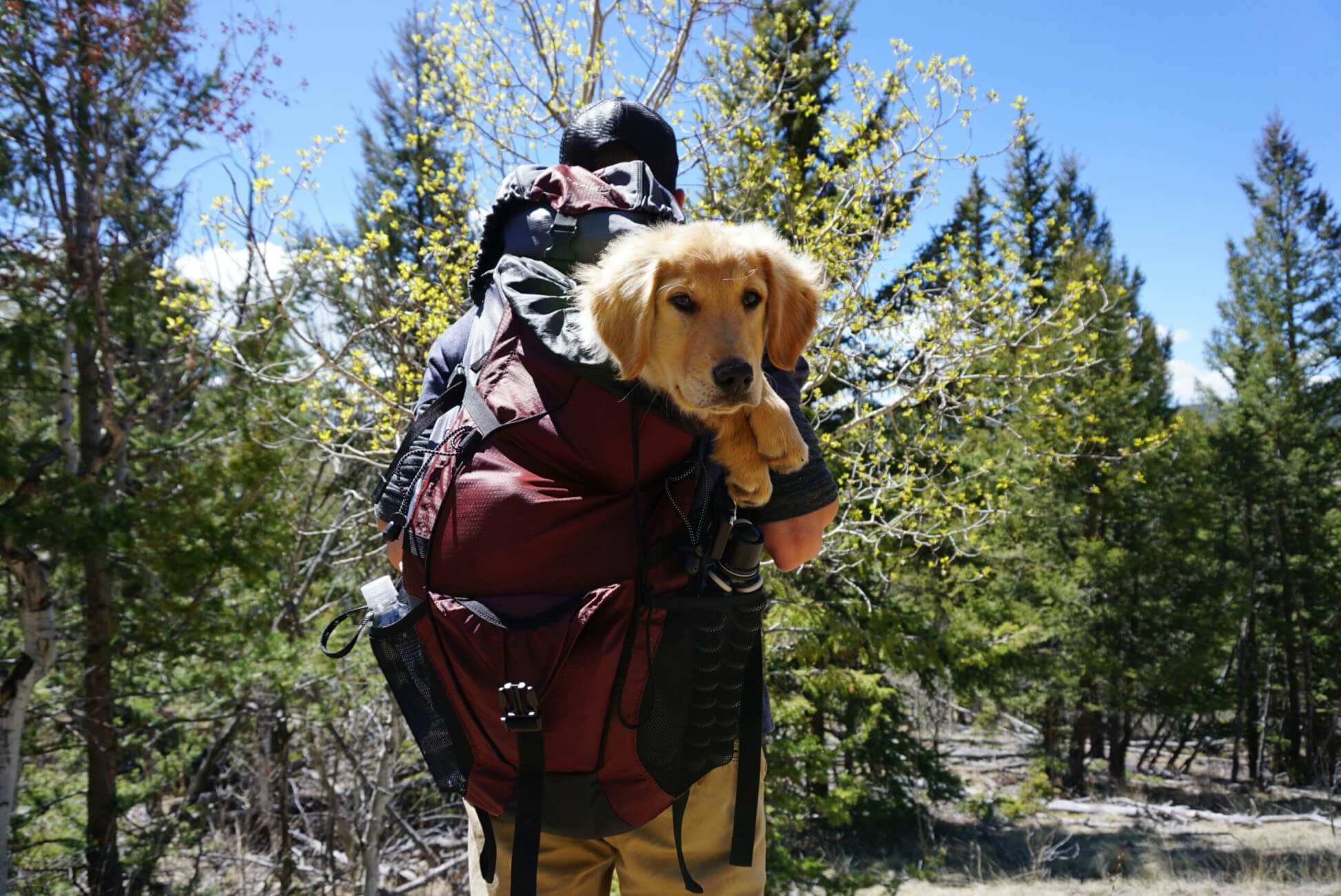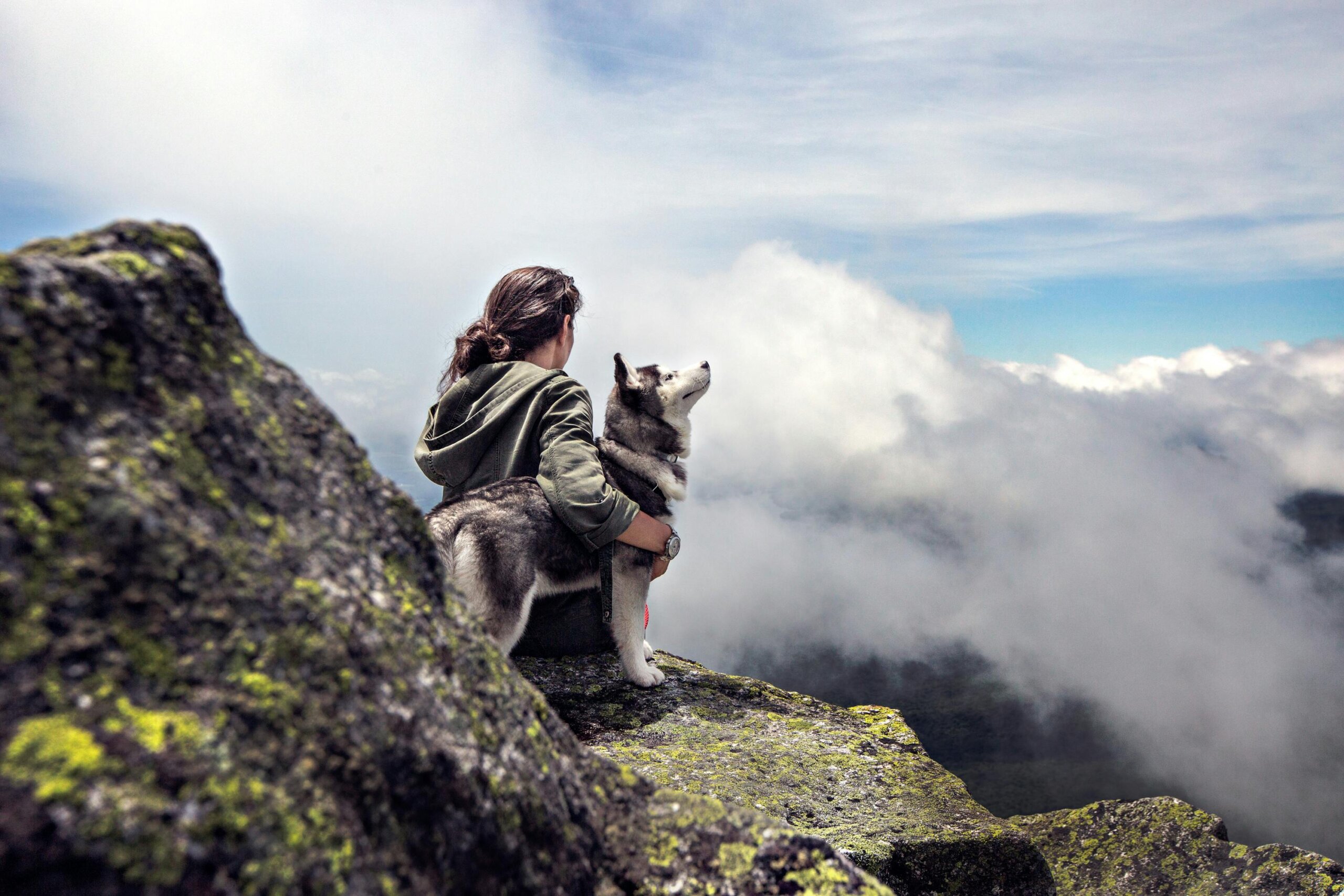This is a guest post by Taylor Bennett, a dedicated pet lover and travel blogger who enjoys exploring new destinations with her furry friend, Max. With a passion for making travel comfortable for pets, Taylor shares practical tips and advice to help fellow pet owners maintain their pets’ routines on the go. When she’s not traveling, Taylor loves hiking and trying out new dog-friendly recipes.
If you ever make the decision to travel with your dog, not only will you get to explore new places together; you might also discover pet-friendly activities that are out of the ordinary and that can strengthen your relationship with each other in new ways. But it’s also important to recognize the challenges that travel can pose for your pet, especially in terms of the day-to-day schedule they observe at home. The shift from their more familiar home environment to new surroundings may disrupt their routine and lead to initial feelings of anxiety or confusion.
To ensure that both you and your dog have a pleasant and memorable journey together overall, you’ll want to know how to replicate their home routine as much as possible. Doing so will help your canine companion be more at ease, and as a result, they’ll likely be happier and more cooperative throughout the travel experience.
To that end, here are five practical ways to reenact your dog’s routine at home and successfully adapt it for your next travel adventure.

1) Bring Familiar Items
First, bringing along items from home that your dog knows and loves can make traveling much less stressful for them. Comforting scents and textures, in particular, can help ease your pup’s anxiety and desire to be close to what they know.
It’s recommended to bring only a few well-chosen items to spare you the burden of overpacking. These items should also serve the purpose of ensuring your dog feels secure in new environments. For instance, packing your dog’s favorite blanket will allow you to create a cozy retreat area for them in the limited space of a car or hotel room, where they can wind down after a day of exploring. If you have personalized dog bandanas bulk users also buy and that your dog also uses at home, bringing a few of them will enable you to keep your pet comfortable while also helping them stand out and stay visible to other travelers. Even just a few of these items will allow you to stay faithful to your home routine in some way.
2) Stick to Regular Walks and Exercise
Regular physical activity, which your dog may already be used to, can also ease their transition into their brief life in a new environment. Simple exercises, like walking, will provide them with both the physical and mental stimulation they experience in their everyday routine, which is vital for keeping them happy and well-adjusted during your travels.
Do your best to incorporate daily walks that mimic your dog's regular habits as closely as possible to afford them a sense of normalcy. Walk for the same number of minutes a day or, if you’re in the same time zone as the one you observe at home, walk them at around the same time of day.
Consider varying up your locations while still adhering to the routine for the most part. Visit dog-friendly parks or trails where your dog can truly engage with their surroundings, experience new smells and sights, and feel more connected to their environment.

3) Maintain the Same Feeding Schedule
Keeping your dog's feeding schedule consistent is another thing you’ll want to do to help them feel more comfortable when you’re traveling. Routines are necessary for many aspects of a dog’s everyday life, including their health, and major changes in their feeding times or the type of food they eat can lead to problems like anxiety and digestive issues. That said, you need to make an effort to stick to your furry friend’s feeding schedule to minimize any stress they might experience and to keep their health in good order—two things that will definitely be on your side given the unpredictability of life away from home.
If you’re the type who needs reminders about feeding your canine companion at the right time, set alarms on your phone or use a travel-friendly pet feeding app to prompt you when it’s mealtime. You should also pack enough of their usual food to last throughout your trip so that you can maintain their diet. If you need to transition to a different food due to unforeseen circumstances, do so gradually. Mix a small amount of the new food with their regular food to prevent any potential stomach upset.
In addition, make sure that your dog has access to fresh water at all times. Dehydration can be a major concern for them while traveling, especially in new climates or during warm weather. Bring a collapsible water bowl or a dog water bottle to make it easier to keep your pet hydrated on the go.
4) Match the Timing of Bathroom Breaks to What Your Dog Is Used To
One often-overlooked aspect of traveling with your dog is the importance of maintaining their bathroom routine. Just like with their feeding schedules, stick to their regular bathroom breaks to alleviate any anxiety and discomfort they might feel while you’re in transit.
Make a conscious effort to replicate the timing and frequency of your dog’s usual bathroom breaks as closely as possible. This consistency will not only help prevent accidents, but also reassure your dog that their needs are being considered, even in a drastically unfamiliar environment.
When stopping for bathroom breaks, look for pet-friendly areas where your dog can relieve themselves comfortably. Parks, grassy fields, or designated pet areas are ideal, as they provide a familiar setting that will encourage your dog to do their business like usual. Don’t forget to be patient and allow your dog to explore their surroundings during these breaks to help them unwind from a long car, boat, or plane ride and feel more at ease in general.
Remember to bring along your dog’s favorite bathroom supplies, such as their regular potty pads or bags for clean-up. This could also make the process smoother and more reassuring for them. If your dog has a particular spot they prefer to use at home, try to find similar types of surfaces in the areas where you stop, as this can help trigger their instinct to go.
5) Set Up a Comfortable and Familiar Space for Your Dog
Dogs are sensitive to their surroundings, and being thrust into an environment that’s very different from what it’s like at home can affect their sleep and rest habits for the worse. It would be in your best interest to set up a space for them that mimics their usual creature comforts.
What this entails, however, will depend on your situation. For example, if you’re staying at a pet-friendly hotel, you can use your dog’s favorite blanket or bed to create a familiar resting spot where they can relax more easily. If you’re traveling by car, on the other hand, a well-padded dog seat cover or crate might suffice at ensuring for them some comfort and stability.
Most dogs need extra encouragement and care to be able to let loose and be themselves in brand-new environments. Don’t forget about how much their daily routine plays into this, and try the following tips to replicate their schedule and habits as closely as you can. As you’ll soon find out, that can make all the difference between a bearable trip and a paw-sitively wonderful one.
















